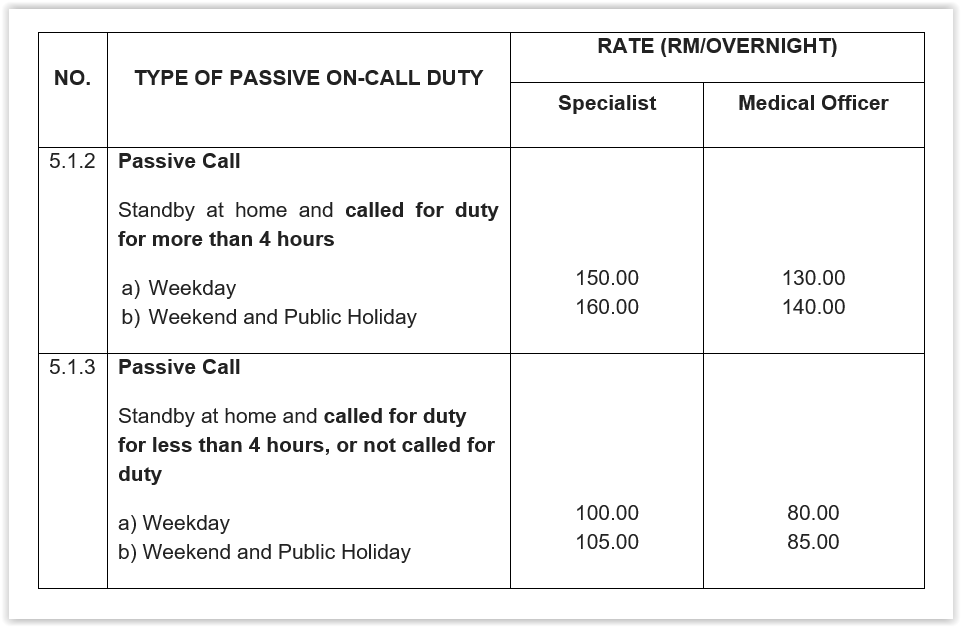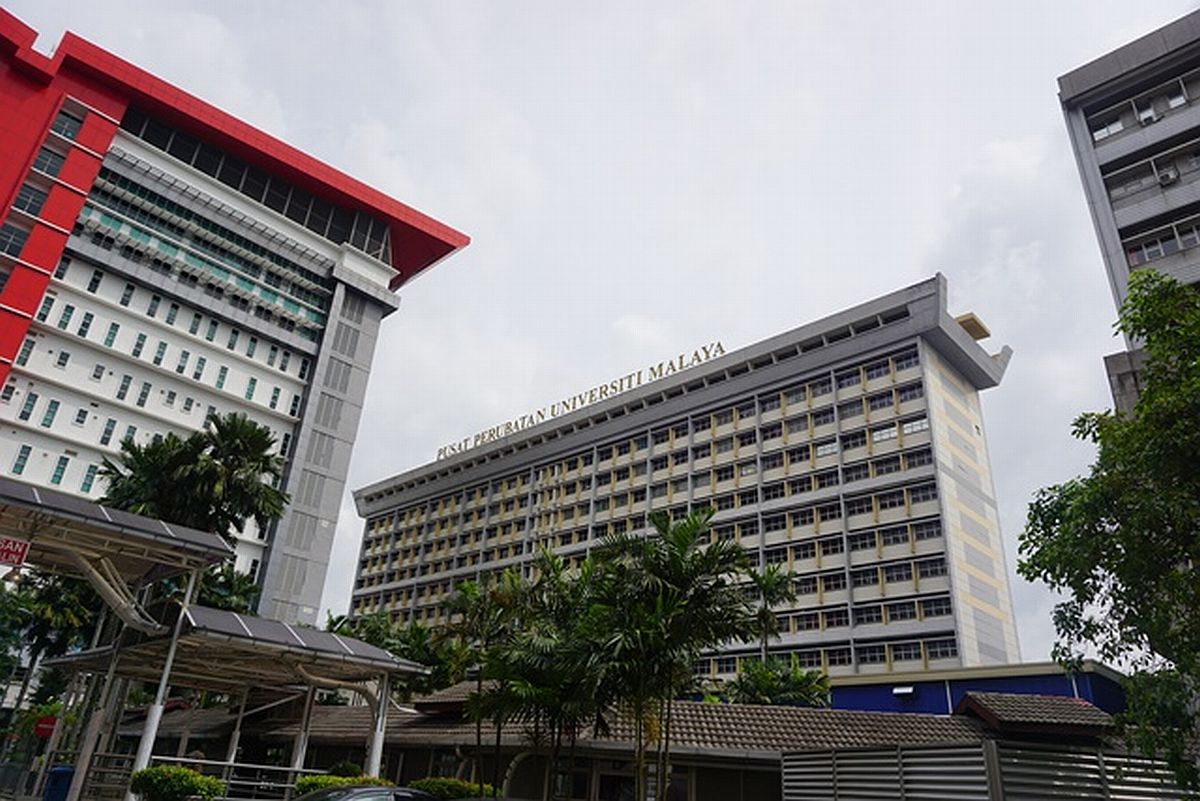KUALA LUMPUR, March 9 – A doctor working at the Universiti Malaya Medical Centre (UMMC) has accused the university hospital of “wage theft” for not providing compensation for passive on-call hours.
Officially, passive on-call refers to being on standby at home and called for duty for more than four hours on either weekdays, weekends, or public holidays, or being on standby at home and called for duty for less than four hours, or not called for duty.
The doctor, who is a Master’s student under the Ministry of Health (MOH) but works at UMMC, explained that while on paper, work starts at 8am and ends at 12pm for passive on-calls during weekends or public holidays, doctors often leave work later.
“UMMC is a quaternary centre, and cases are not as simple as we think. Management can be complicated at times. I know of some cases where staff members have had to stay as late as 7pm,” the doctor, who requested anonymity, wrote to CodeBlue.
“There are even instances where staff members have returned on voting day to attend to patients and settle work, only to be reprimanded the following day despite leaving at around 6pm,” he added, referring to the 15th general election last November 19. “It makes me wonder what all the hard work is for.”
He added that doctors perform an average of three to four passive on-calls per month. However, due to the lack of manpower in certain postings, doctors are forced to do five to seven passive on-calls, “which means we work almost every single day of the month”.
The doctor said as such work isn’t compensated, doctors lose RM560 to RM980 per month, roughly about 10 to 20 per cent of their monthly salaries, doing what he termed as “charity rounds”, the “professional name for modern-time wage theft and exploitation”.
“Trust me, we have voiced our concerns about this many times throughout our journey – my seniors did before me, and now us. Obviously, we failed to yield any good response.”
UMMC director Prof Dr Nazirah Hasnan, in a statement to CodeBlue Tuesday, said the current practice in UMMC is in accordance with official regulations provided by the MOH through the ministry’s “Garis Panduan Tuntutan Bayaran Elaun Kerja Lebih Waktu Bekerja Biasa”.
According to MOH’s guidelines, on-call allowances are referred to as “Elaun Tugas Atas Panggilan” (ETAP). The rates used at UMMC, as specified in the guidelines, are divided into several categories, including the type of passive calls, the day of the week, and whether the staff member is a specialist or medical officer.

For passive calls defined as “standby at home and called for duty for more than four hours”, the overnight rate is RM130 for medical officers and RM150 for specialists on weekdays. On weekends and public holidays, the overnight rate increases by RM10 for both.
For passive calls defined as “standby at home and called for duty for less than four hours, or not called for duty”, the overnight rate is RM80 for medical officers and RM100 for specialists on weekdays. On weekends and public holidays, the overnight rate increases by RM5 for both.
“Only individuals who are included in the authorised on-call schedule for each department are eligible for the ETAP payment. The current guidelines do not allow claims for weekend rounds as part of the ETAP,” Dr Nazirah said in her statement to CodeBlue, when asked for comments on the complainant’s allegations.
“For more information and clarification on this matter, any individual currently working in UMMC can contact the Human Resource Department directly.”
The complainant expressed disappointment with Health Minister Dr Zaliha Mustafa’s response to issues raised during the minister’s town hall meeting with government doctors last month, which included bullying, burnout, and low wages.
The Malaysian Medical Association (MMA), which co-organised the session, proposed raising doctors’ on-call claims from the current hourly rate of RM9 to RM25 per hour on weekends.
During the town hall, it was highlighted that the on-call rate in Malaysia, which is RM9 per hour, falls short compared to the wages of retail workers such as baristas, who earn around RM10 per hour, and cleaners, who are paid RM20 per hour. Meanwhile, doctors in Singapore are paid around RM60 per hour for on-call duties.
“I would say that the glaring difference between the hourly wage earned by a housemaid and me as a doctor really pains me. We are only being paid RM9 per hour for active on-call duty,” the UMMC doctor told CodeBlue.
“Why did I have to study for five years in medical school, undergo two years of agonising housemanship, and continue to endure hell as a medical officer just to earn RM9 per hour? I might as well have started cleaning houses instead!”
The complainant questioned why a medical centre owned by the top public university in the country would treat its staff in such a manner. “Don’t they know we are already being so underpaid? Why would they want to make things worse for us? Being forced to work without getting paid. Isn’t that slavery? Isn’t that wage theft?”
The doctor, who is on a Hadiah Latihan Persekutuan (HLP) scholarship, told CodeBlue that he was unable to leave his current job for better opportunities in the private sector due to a seven-year bond after completing his Master’s degree.
“If I break the contract, I will face a penalty of RM350,000. I am exhausted from fighting, and I have decided to give up.”








